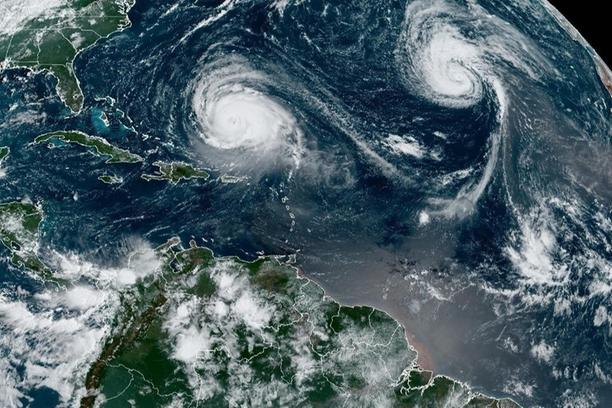Hurricane Lee Preparedness: Safety Tips for Propane Users

As Hurricane Lee approaches the United States’s northeastern coast, residents in the affected areas, mainly New England and New York, must be prepared for potential impacts, including flooding, high winds, and power outages. While Hurricane Lee may downgrade to a tropical storm, it still poses risks, and taking proactive measures is essential.
Hurricane Lee’s Projected Path
Hurricane Lee is expected to track northward off the coast of New England, possibly downgrading to a tropical storm. The projected path takes the shower over New Brunswick and Nova Scotia in Canada before returning to sea. Depending on its size and trajectory, it could bring adverse weather conditions to parts of New England and New York, with Long Island especially susceptible.
Preparation Is Key
In light of this impending weather event, consumers and propane users must prepare beforehand. Here are some safety tips and guidelines to consider:
1. Create an Emergency Plan
• Work with your family to create a comprehensive emergency plan in case of a hurricane or severe weather. Ensure you have emergency services, utility companies, and your local propane supplier contact information.
• Post instructions for turning off your propane, electricity, and water if necessary. If you turn off your propane, contact a service technician to inspect your system before restoring it.
2. Anchor Your Propane Tank
• If your property is in a flood-prone area, large propane tanks should be securely anchored. This is a requirement by the National Fire Protection Agency (NFPA). Your propane supplier can guide you on how to land your tank.
3. Plan for Communication
• Have a battery-powered radio to receive weather updates and emergency information.
• Ensure your smartphones are charged, or consider investing in a propane generator for reliable power during blackouts.
4. Inspect Damage Cautiously
• If the storm causes damage to your property, be cautious when assessing it. Look out for downed power lines, damaged gas lines, and dislodged propane tanks, as these can be hazardous.
• Use a flashlight instead of candles when inspecting your property to prevent combustion in case of a gas leak. Never check propane appliances while standing in water.
5. Call the Experts if You Sense Danger
• If you sense any danger or potential gas leaks, immediately contact your utility company, fire department, or propane supplier. These professionals have the necessary training to handle potentially hazardous situations.
• After a storm, have a qualified service technician thoroughly inspect your propane system to ensure it has not sustained any damage that could pose risks.
Preparing for hurricanes and severe weather events is crucial for your safety and the safety of your property. Following these safety tips and staying informed can minimize risks and ensure a safer experience during Hurricane Lee or any other extreme weather event. Stay safe and be prepared.
















